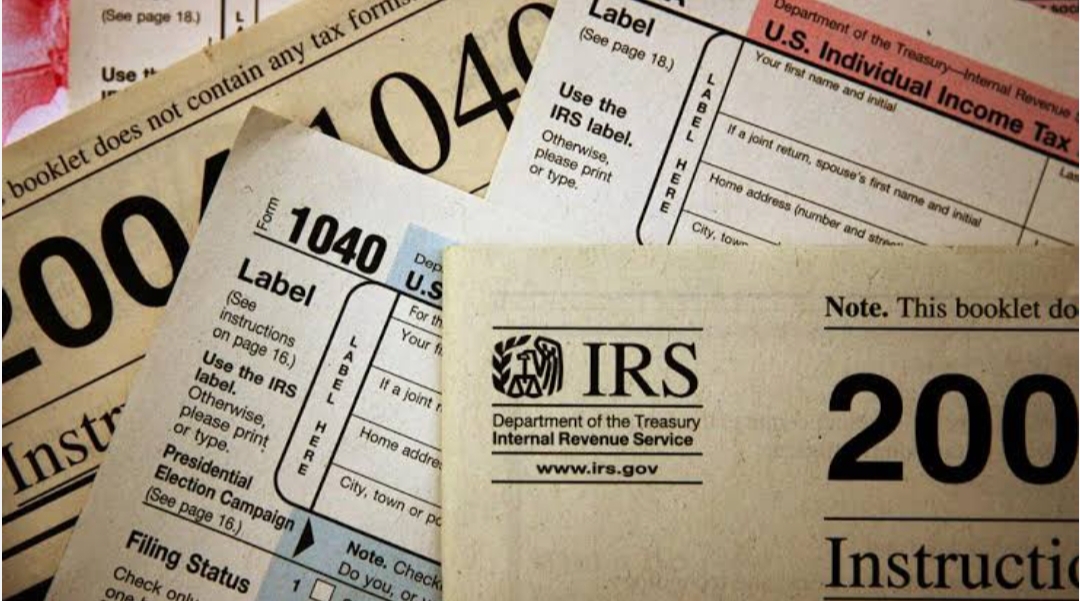Tax Day is almost approaching, with the federal filing deadline of April 15th. However, there’s no need to freak out if you find that you need more time to finish your taxes.

A sizable portion of taxpayers choose to ask for an extension each year, and in 2024, this pattern will not change. Over 19 million people requested an extension for their 2022 tax returns, according to IRS data. If you’re one of the people hoping for a break, here are some things you should know.
Necessary Steps For Tax Extension
You need to make sure you complete the appropriate actions to obtain an extension if you need more time to file your taxes. This procedure can be started by submitting Form 4868 via the IRS website, your accountant, or tax preparation software such as TurboTax.
Furthermore, it is possible to ask for an extension when paying the IRS. You must file for an extension despite having tax debt. You must file or request an extension by the deadline of April 15 to avoid the penalty for filing late. These fines can add up and may equal as much as 25% of overdue taxes.
Deadline For Tax Filing
Even if the pressure to make the April deadline could seem overwhelming, it’s a good idea to properly assess your situation. It’s important to understand that requesting an extension for tax filing does not automatically result in an extension for tax payment.
You have a few options to lessen the burden if you are unable to pay the entire amount due before April 15. One option is to create an online payment plan with the IRS, which will let you pay off your debt over time. You can choose between a long-term plan that requires monthly payments or a short-term plan that usually lasts 180 days or fewer, depending on your eligibility.
Ways To Avoid Paying Extra Cost
It’s a good idea to automate your payments to avoid paying extra costs and to make sure that you consistently fulfil your responsibilities. It is worthwhile to investigate the possibility of contacting the IRS if one is experiencing financial difficulties or is unsure about their capacity to make repayments.
The organization can allow a collection hold, giving you a brief reprieve while you evaluate your circumstances. If you have overpaid taxes, you may be confident that the IRS will provide you with a refund as soon as possible. However since the return process normally takes three weeks to complete, patience is essential.
It can be difficult to navigate the complexities of tax extensions and payments, but you can lessen the strain and guarantee compliance with IRS laws with careful planning and adherence to deadlines. Recall that you are not alone in asking for extensions or struggling with tax obligations as Tax Day draws near. You may successfully manage these obstacles and safeguard your financial future with the appropriate strategy.



